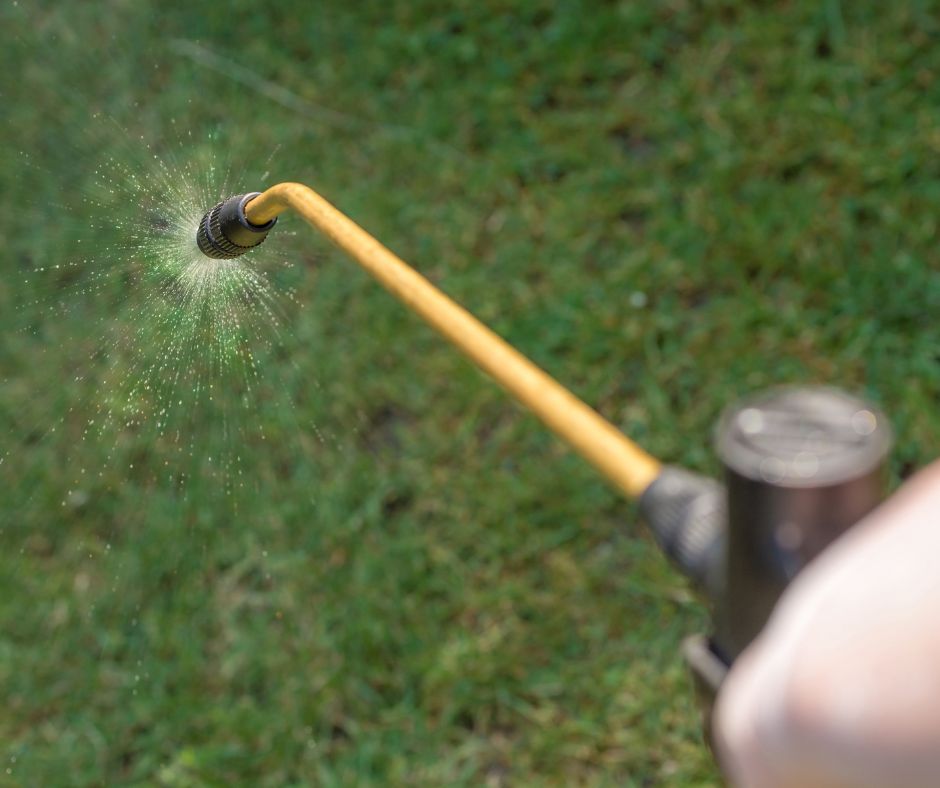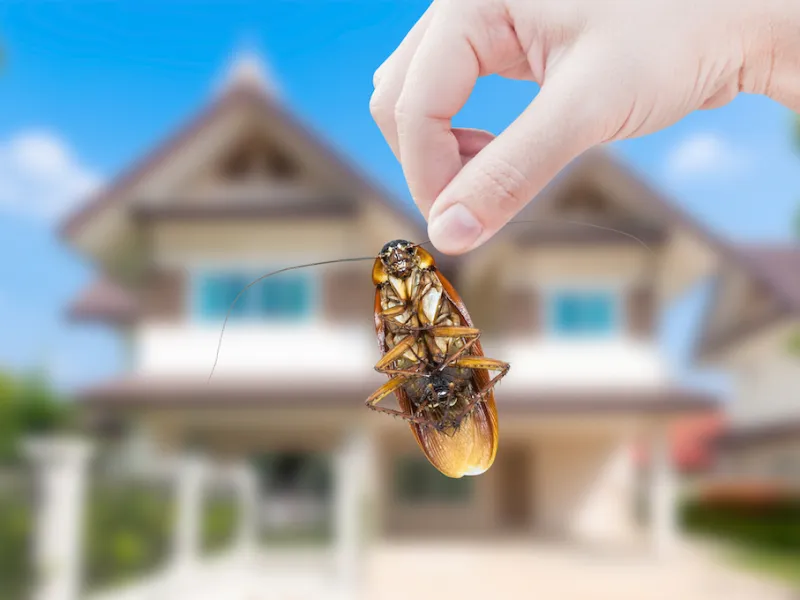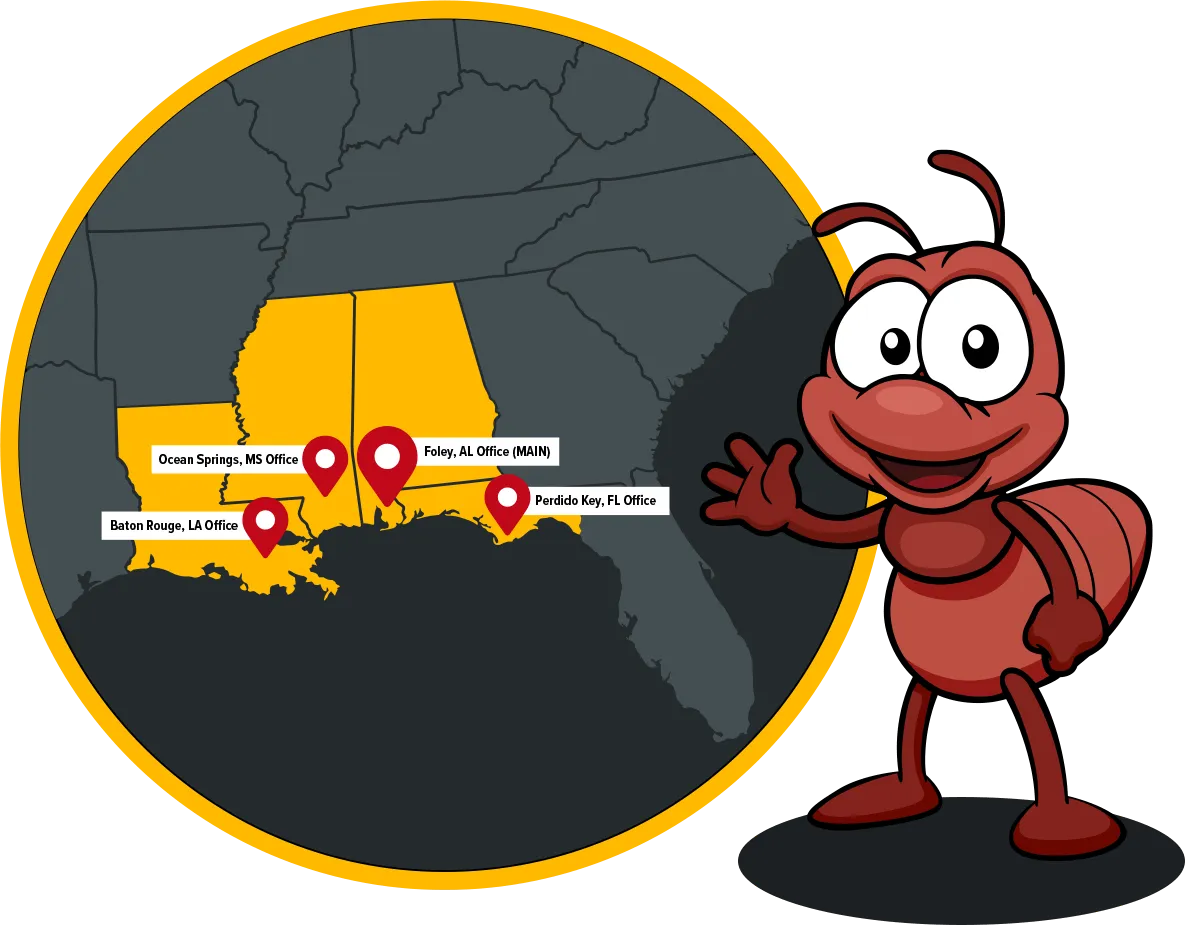Find Out About the Newest Developments in Parasite Control and How to Apply Efficient Treatment Solutions
In recent years, the area of pest control has actually experienced substantial innovations, driven by the demand for lasting and effective treatment remedies. Innovative approaches such as Integrated Insect Management (IPM) integrate green methods with advanced innovation, boosting both efficacy and environmental responsibility.
Eco-Friendly Insect Control Options
In recent years, the need for environment-friendly pest control choices has risen as property owners and companies alike seek lasting alternatives to typical chemical therapies. This change is driven by growing ecological understanding and a wish to minimize the wellness threats connected with synthetic pesticides.

Eco-friendly insect control techniques include a variety of methods that focus on using natural substances and techniques. Integrated Bug Monitoring (IPM) is one such method, combining biological, cultural, and mechanical strategies to manage insect populations while lowering dependence on chemicals (Wildlife removal services). This alternative method stresses avoidance through habitat adjustment and the intro of all-natural predators, therefore fostering a well balanced community
One more prominent choice is using herb chemicals stemmed from plants, which tend to be less unsafe to non-target organisms. Products like neem oil and diatomaceous earth have actually gained grip for their performance in regulating insects while posing minimal threats to human wellness and the atmosphere.
Additionally, exclusion methods, such as sealing entrance factors and preserving cleanliness, play a critical role in environment-friendly pest monitoring. By embracing these sustainable methods, services and people can effectively handle bugs while promoting a much healthier planet for future generations.
Smart Modern Technology in Pest Administration
Advancement is improving the landscape of insect administration, with smart modern technology becoming a pivotal pressure in enhancing performance and efficiency - Wildlife removal services. The assimilation of Net of Things (IoT) tools, expert system (AI), and information analytics is reinventing just how bug control experts approach infestations
Smart traps equipped with sensors can detect pest activity in real-time, sending out instant signals to drivers. This enables prompt feedbacks, decreasing damage and reducing the demand for substantial therapies. Additionally, AI algorithms evaluate historical information to predict insect actions, allowing positive interventions based on ecological problems and invasion patterns.
Drones and computerized cars are likewise playing a significant role in insect administration, providing aerial analyses of huge locations, determining hotspots, and also dispersing targeted treatments. These technologies not only enhance operations but likewise boost security by restricting human exposure to potentially harmful chemicals.
In addition, mobile applications empower consumers to keep an eye on insect task and accessibility expert advice, fostering a collaborative method to pest administration. On the whole, the adoption of wise technology is establishing a new standard in bug control, highlighting data-driven decisions and lasting techniques that ultimately profit both professionals and house owners alike.
Integrated Insect Administration Methods
Integrated Insect Management (IPM) uses an alternative strategy to pest control, incorporating different strategies to properly handle bug populations while lessening risks to human health and wellness and the environment. IPM revolves around comprehending the pest life process, their all-natural adversaries, and the ecosystem in which they thrive.
Among the essential parts of IPM is keeping an eye on pest populaces with routine evaluations and information collection. This permits for the recognition of bug limits, identifying when treatment is required. Social techniques, such as plant linked here turning, habitat, and hygiene adjustment, are important in lowering pest occurrence and advertising plant health.
Mechanical controls, including traps and obstacles, are also essential in IPM. These methods can physically eliminate or deter pests without making use of chemicals. When needed, the judicious application of chemical controls is used, focusing on targeted therapies that decrease ecological effect.
Education and collaboration amongst stakeholders, including farmers, pest control specialists, and the area, are crucial for the effective application of IPM methods. By prioritizing lasting practices, IPM not just addresses pest issues yet likewise cultivates a healthier ecosystem.
Biological Control Techniques
Various organic control techniques are significantly identified for their efficiency in other handling insect populations while promoting eco-friendly equilibrium. These methods harness all-natural predators, parasites, and pathogens to lower pest numbers without relying on artificial chemicals. The introduction of ladybugs can successfully control aphid populations, while nematodes target soil-dwelling pest larvae.
In addition, using microbial pesticides, such as Bacillus thuringiensis (Bt), supplies an eco-friendly choice for handling caterpillar bugs. These products particularly target pest species, reducing damage to beneficial pests and pollinators. Additionally, preservation organic control highlights boosting environments for all-natural opponents, such as birds and useful insects, consequently urging their visibility in agricultural systems.
Study continues to reveal ingenious methods within this area, such as the use of pheromones to interfere with pest mating patterns or the growth of biocontrol representatives through genetic modification. Applying these methods can bring about sustainable parasite monitoring methods that alleviate the dependence on chemical treatments, ultimately fostering much healthier ecosystems. As awareness of these techniques grows, they are becoming integral elements of incorporated insect monitoring (IPM) strategies, offering a balance in between efficient bug control and environmental stewardship.
DIY Bug Control Solutions
As property owners seek reliable methods to take on pest issues, DIY bug control remedies have gotten appeal for their ease of access and cost-effectiveness. These methods encourage people to address problems using readily available materials and strategies, typically without the need for expert treatment.

Additionally, preserving proper hygiene and routine assessments can avoid parasite entrance and nesting (Wildlife removal services). Straightforward techniques, such as securing splits, removing food other sources, and decluttering, can considerably reduce insect populations. Catches, both homemade and commercially offered, can also use effective remedies for surveillance and managing particular bugs like rodents or pests

Verdict
The assimilation of green insect control alternatives, smart innovation, and cutting-edge administration methods provides a detailed technique to efficient insect monitoring. By embracing Integrated Pest Management (IPM) and utilizing organic control methods, along with DIY remedies, sustainable and liable insect control can be accomplished. These advancements not just improve the effectiveness of insect monitoring techniques yet additionally add to a much healthier environment. Carrying out these strategies fosters a balanced ecosystem while properly dealing with pest populations.
Eco-friendly bug control techniques encompass a variety of approaches that focus on the usage of natural compounds and techniques. Integrated Insect Management (IPM) is one such strategy, incorporating organic, cultural, and mechanical strategies to take care of pest populations while decreasing reliance on chemicals. As understanding of these techniques expands, they are becoming indispensable components of incorporated pest management (IPM) techniques, supplying an equilibrium in between effective parasite control and environmental stewardship.
The assimilation of eco-friendly bug control choices, wise technology, and ingenious monitoring techniques presents a comprehensive technique to efficient parasite administration. By embracing Integrated Parasite Management (IPM) and utilizing organic control methods, together with Do it yourself solutions, accountable and lasting insect control can be achieved.